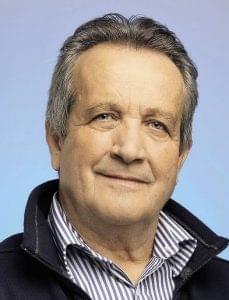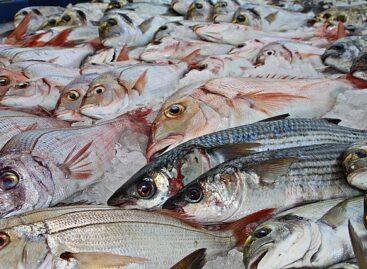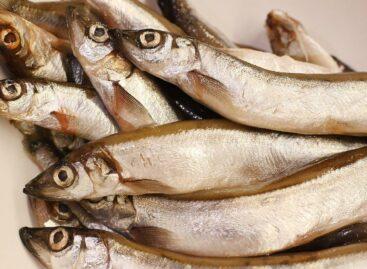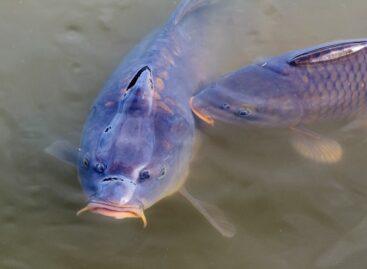Intensive fish farming has a stable future
Ferenc Lévai, CEO of Aranyponty Zrt. informed that cultivating fish in lakes is less profitable than other forms of farming, the rate is about 4-5 percent. The mains reason behind this is the lack of area- and fish-based funding, and the fact that any investment only starts making returns in 2-3 years.

Ferenc Lévai
CEO
Aranyponty
The CEO revealed that the Hungarian Fisheries Operational Programme (MAHOP) could work better, as applicants have to wait for a long time for funding decisions. He hopes that fish processing-related projects will be realised as soon as possible, because this segment is lagging behind: Market demand is bigger than the production capacity currently available.
Changing consumption habits can be felt in this domain as well. Mr Lévai reckons one of the biggest changes is the decrease in live fish sales, as a growing number of shoppers prefer ready-to-cook fish products. Just like in the case of meat, higher added value generates higher sales in the fish segment.
Hungary’s fisheries sector can’t make progress without the development of fish cultivation in lakes, by which the emphasis would shift from quantity to quality. These lake aquacultures can also satisfy the rapidly developing fishing tourism needs. Mr Lévai said intensive fish farming has a stable future, as sea catch rates are declining but demand for fish is on the rise, thanks to the current health trend.
Related news
Fish farmers do not plan to raise prices for this Christmas season either
Fish farmers do not plan to raise prices for this…
Read more >Stable prices are expected for festive fish consumption
Fishing has been going on in the fish farms for…
Read more >A call for fish farmers was opened with a budget of more than HUF 3 billion
The Hungarian Fish Farming Operative Program Plusz (MAHOP Plusz) represents…
Read more >Related news
The latest issue of Trade magazine is out now!
This time the digital version has been extended to 192…
Read more >After a subdued year, the holiday season is strong
74% of online shoppers, around 3.1 million people, are preparing…
Read more >Lidl has published its 3rd sustainability report
Lidl Hungary’s sustainability report for the 2022/2023 business years has…
Read more >








